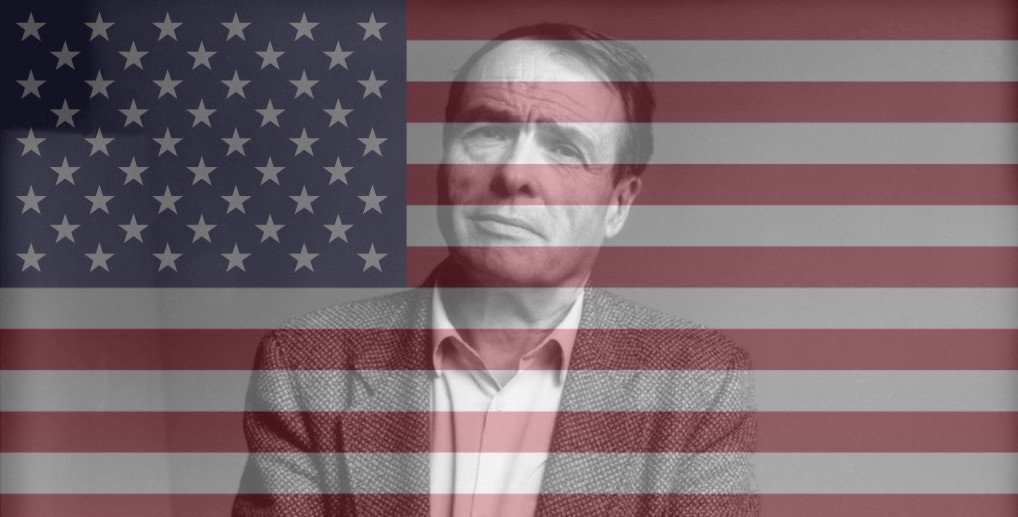
What follows isn?t really a translation. It?s merely my attempt to make Pierre Bourdieu?s ?The Forms of Capital? accessible to American readers. I think this essay is incredibly important and insightful, but, like so many essays by French thinkers, it can be very difficult for an American audience to read. What I do here is ?translate? each paragraph of Bourdieu?s essay in a way that is much easier for Americans to follow. Along the way, I add in examples and thoughts of my own, which is why this is more of a weird collaboration of sorts than it is a serious translation. If this post motivates some Americans to go and actually read Bourdieu for themselves, to engage with his text, then it will have served its purpose. This is meant to be a supplement to Bourdieu?s original essay. Yes, you can read this post on its own and learn the main insights Bourdieu presented in ?The Forms of Capital?, but I hope that people will still go read his own words after having read mine (or mine that are his . . . or whatever). Bourdieu?s essay is available online at marxists.org. With that being said, let the ?translating? begin!
Our current social world is the product of all the shit older societies did before we got here, therefore, we can call society ?accumulated history?. Some people think society is reducible to the actions of individuals, but they?re stupid idiots so fuck what they?re talking about. Yeah, that?s right. I?m talking to you, Margaret Thatcher! All hail the Queen of Neoliberal Land ? straight outta Fuckville. Anyway, if we don?t want to be total dumb-asses about the fundamental connections between our society and its history, then we have to understand the major role capital has played in all this. I mean, we do live in a capitalist society. Have you ever asked yourself what the capital in ?capitalism? really is? We have to understand what capital is and how its accumulation, its history and growth, effects all of society. The history of capital is the secret to understanding why our society is structured the way it currently is.
Capital is accumulated labor, that is, it?s all the things people have made through their collective work, through their social energy, through collaborating with each other. Capital is social energy. Human labor makes all the cool shit we like. For example, video games, lowriders, bottle rockets, lava lamps, double-sided dildos, beard oil, craft beer, American flags, Air Jordans, Froot Loops with the little marshmallows, zippers, ultra gentle toilet paper, nunchucks, toothpaste, John Cena action figures, bumper stickers, all the Marvel movies, refrigerator magnets, guns, pumpkin-spiced lattes, God, etc. You know, all the cool shit, all the good stuff. Human labor power gets embodied, becomes materialized, in the products it makes. Human energy turns itself into the shit we buy. The next time you?re chugging down a fifth of vodka in order to numb yourself from the horrifying pain that is human existence, like Rick from Rick and Morty, be sure to remember that you?re not just drinking fermented potato juice ? you?re also drinking human sweat. Lick it up, baby! Lick it up!

But there?s a big problem. There?s a group of assholes who want to own as much of the cool shit as they can. They want to hoard all of the social energy. They want to control all of the products of human labor for selfish reasons. These assholes are called ?capitalists?. They want to own all the good stuff workers make just so they can use it to make a shitload of money for themselves. This private ownership of capital, of accumulated labor, comes at the expense of the workers who actually make the cool shit. And that shit ain?t cool, bro! When it comes to power grabs, this capitalist one is the most powerful and the most grabby of them all. Grabby-ass capitalists can grab deez nuts! In owning all the capital, the capitalists end up owning all of society. The capitalists pimp the shit out of everybody else. The capitalists bitch-slap the whole wide world. We gotta bully the bullies!
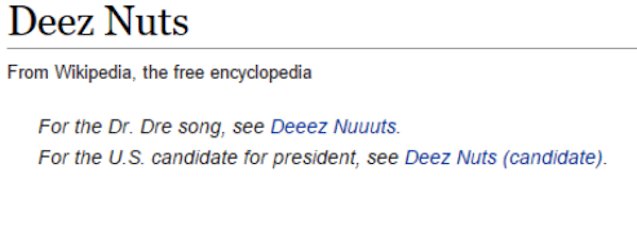
The capital of the capitalist class, capitalist capital, is a kind of energy or force that seeks to preserve and expand itself in whatever way it can. It gives zero fucks about morality and ethics. It?ll do anything to keep growing itself. It?s like the blob in that old Sci-Fi horror flick from the ?50s. Capital grows itself both objectively and subjectively. Capital grows itself objectively by configuring society at large in a way that is beneficial to it. This involves capital reshaping governments, laws, institutions, mass media, culture, etc., in ways that make things work out well for itself and for the capitalist class ? but not for the majority of folks. They?re assed out. Capital also finds subjective ways to make people act, think, believe and desire in ways that helps capital accumulate. It uses ideology, behavioral programming, hidden persuaders, incentives, simulations, manipulations, advertising, pop culture, the educational system and even the nuclear family to mold us into the little consumers and wage slaves it wants us to be. Capital is like the Matrix. We have to be like Morpheus and Neo! Capital has a bunch of tricks up its sleeve. Capital uses fucking Jedi mind tricks on us. It does us like Obi-Wan did them weak-minded stormtroopers in Mos Eisley. Our minds are all fucked up. We end up desiring the very system that makes our lives all shitty and miserable. Bob Marley said it: ?Emancipate yourselves from mental slavery!?
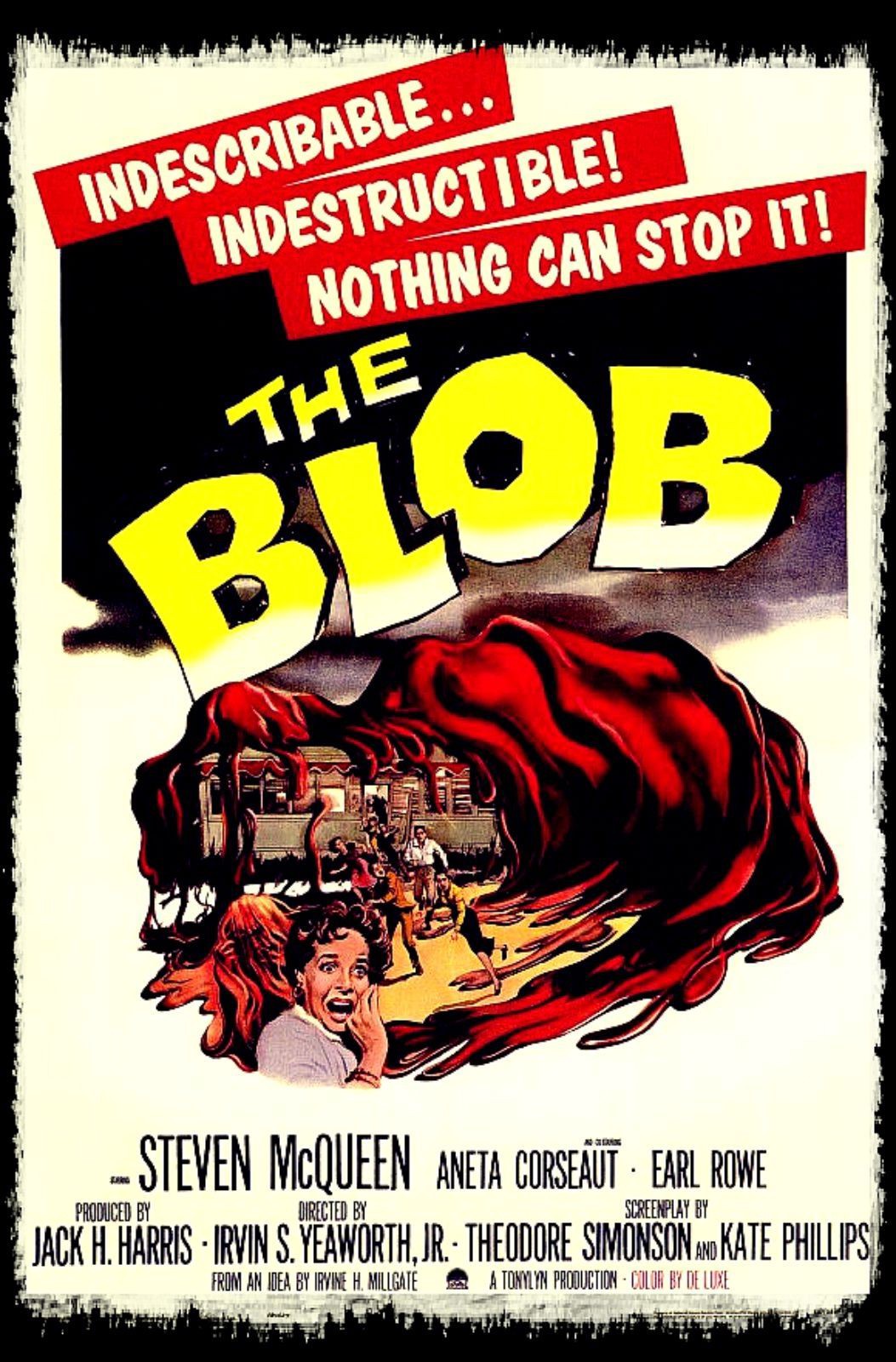
Alright, so capital is like some undead force, some wild monster. At the same time, it also has a very strong, lawlike regularity to it. Capital operates in accordance with certain laws. These laws are basically just economic principles or strategies that help capital go on accumulating itself. These laws are what give capitalist societies a sense of stability and uniformity. If one thing?s for certain, then it?s the fact that capital is gonna do what capital does. We can always count on capital to exploit the working class in order to maximize profits. The laws of capital accumulation are what give society a consistency and predictability. They give it an overarching structure. They are the skeleton of capital. Not everything in society is random. Our social ?games? (the ?game? of economics, the ?game? of politics, the ?game? of education, etc.) are not games of pure chance. They don?t work like Roulette. In games of pure chance, any player can have a ?miraculous? victory. In games of pure chance, the playing field is level. Games of pure chance aren?t rigged, but our ?games? are rigged as fuck! Those with capital always win ? you can bet on it.
Capitalist ideology would love for us to believe that life in capitalist society is like a game of Roulette wherein anybody can win big at any moment, but that?s just ideological bullshit and you?re as goofy as a pair fucking clown shoes if you fall for a lie like that. Capitalist ideology says, ?Capitalism works just like Roulette ? perfect competition and perfect equality of opportunity.? Yeah, right, because our particular situations, our families, class positions, bodies, healths and natural abilities have absolutely nothing to do whatsoever with success or failure in capitalist society. Sure. And Tupac is currently living the good life in the Bahamas. Capitalism ain?t nothin? but a gangsta party.

There are different types of capital but the one thing they all have in common is that it takes time for them to accumulate. Capital accumulation, in every form, takes time. It doesn?t happen over night. That means that it has to establish the right objective conditions in which it can thrive. It has to make society structured in a way that lends itself to capital accumulation. By imposing a certain structure on society, it makes some things possible and others impossible. Some people end up having a lot of possibilities and privileges while others are fucking suffocated by impossibilities, roadblocks, disadvantages, structural obstacles, etc. The distribution of capital, who has it and who doesn?t, is essentially the main structure that organizes our social world. Our society is built on the distinction between those with capital and those without it. There?s great inequality when it comes to the opportunities in life. Understanding the process of the distribution of the different types of capital, understanding the whole system of capital, is how we understand the deepest power structure in our society. Fuck all the bullshit conspiracy theories that conspiracy theorists rant and rave about ? the system of capital is the true conspiracy!
 ?Jesus told me to destroy The Dangerous Maybe!?
?Jesus told me to destroy The Dangerous Maybe!?
We can?t understand our world by solely focusing on economic capital. We have to zoom the fuck out and see the bigger picture. Economics only focuses on economic capital and that?s why it fails to understand capital as a totalizing system. Besides economic capital there?s also cultural capital, social capital and symbolic capital. If you go take an economics class, you?ll only learn about economic capital, capital in the restricted sense. Lame! This is misleading because it doesn?t explain how capital really reproduces itself by infecting every aspect of life (family, culture, education, society). Economists would have us believe that capital is limited to economic exchanges based on self-interest wherein motherfuckers are always creepin? on a come up like Bone Thugs-N-Harmony. But there are all kinds of exchanges that aren?t reducible to self-interested exchanges of the economic sort which directly seek the maximization of profit. Not every exchange is based on one person trying to monetarily get over on the second person. Economists say that these other types of exchanges are disinterested and noneconomic because they?re not all about financial gain. They think these exchanges aren?t relevant to economics because they?re not rooted in financial self-interest. They presuppose that this is enough to make them exist ?outside? of the economy. This is dumb and it makes us dumb. Again, capital is not reducible to economic capital. It uses its different forms to reproduce the whole system of capital.
In fact, economics is capitalism?s little bitch. It ends up hiding the main mechanisms, which are cultural and social ones, that serve to keep capitalism going. Economic capital is protected and supported by cultural and social capital, but economics fails to make this known. And who gains from it not being known? You guessed it! Capital and the capitalist class gain from this shit. Economics distorts how capitalism actually works by convincing us that one part of it (economic capital, the economy, financial exchanges) is the whole of it. But the system of capital is so much more than the economy. Class power gets inherited in more ways than just economic ones. The key is to see how economic capital gets transformed into cultural and social capital. This is some real sleight of hand shit.
Capital disguises itself by appearing to split society in two. Between the economy, on the one hand, and culture, on the other. But this division, this ?two?, is really just a clever deception. The system of capital is a single system that incorporates all of the various fields or regions of society. Yet it creates the illusion of two distinct sides of society for a purpose. If there is an inside and an outside of the economy, then we come to assume that huge aspects of our lives and of society have nothing to do with capitalism. It blinds us to how everything is set up to benefit capital and the capitalists. Jean Baudrillard would say that the sharp distinction between the economy and culture is a ?simulacrum? because it functions to convince us that something exists that really doesn?t. In this case, that something would be freedom from the workings of capital. ?Capital only effects the economy, so we?re free from it in culture.? For the same reason, Slavoj ?i?ek, also known as Cocaine Hegel, would call the sharp distinction between the economy and culture a space of ?ideological disidentification?. The Matrix generates the illusion of a free space outside of it in order to keep us all the more trapped inside it. If we think we have freedom from capital, then we won?t fight for it, since we?re convinced we already have it. Goddamn, capital is cold as ice!

In capitalist society, everything is really based on self-interest, but nobody wants to accept such a depressing truth, so capital appeases the masses by simulating a space of disinterest and this space is called ?culture?. This is how capital covers its tracks. It makes it seem as though there are all kinds of things done for their own sakes. Art is done for art?s sake. Philosophy is done for philosophy?s sake. History, music, psychology and science are all done for their own sakes. This is all total bullshit, but it?s effective bullshit. All of these activities have been taken captive by the logic of capital and by the bourgeoisie, but no one even notices it. Well, Marx and Engels did. That?s why in The Communist Manifesto they wrote, ?The bourgeoisie has stripped of its halo every occupation hitherto honored and looked up to with reverent awe. It has converted the physician, the lawyer, the priest, the poet, the man of science, into its paid wage laborers.?
Economics refuses to highlight the fact that economy and culture are aspects of one big system of capital and that?s why economics isn?t really a science of the field of economic production. It?s also why economics serves to prevent such a science from actually existing. The bullshit ?science? of economics conceals the fact that we don?t really have a proper science of economics, of the system of capital as a whole. What we currently call ?economics? is a simulation. The true study or real science of the system of capital would reveal that economic exchanges are just one way capital exchanges itself. As we?ll come to see, capital also involves cultural and social exchanges.
It?s no coincidence that all the valuable activities and all the valuable things economics considers to be outside of the economy get monopolized by the capitalist class, by the dominant class. Knowledge, science, art, technology, culture, etc., all get monopolized by the rich and they use these things to maintain their power and privilege. Rotten bourgie swine! If economics is able to convince us that the economy only involves exchanges of quantitative value, exchanges of money, and so on, then the rest of the bourgeois world appears to be unrelated to the economy. However, the bourgeois world is really one system of production ? it produces and reproduces the dominance of the capitalist class. If the economy only involves economic exchanges proper, then the rest of the bourgeois world can be said to exist apart from the economic sphere comprised of commodity production, wages, sales, purchases, etc. However, in truth, the bourgeois world is a single unitary phenomenon, that is, it is the economic-cultural-social-symbolic-system-of-capital. This is why the sharp distinction between economy and culture is such a powerful weapon. It makes it seem as though bourgeois culture is innocent of any misconduct. This is ideology at its purest! Hurry up and put on the They Live glasses, comrade!
Now, we all know that ?priceless? things have a price (those MasterCard commercials are ideological trash). ?Priceless? works of art get sold and, therefore, have a price. Their prices might not be as easy to figure out as the prices of standard commodities, but this is because the artists that made them didn?t intend for them to be commodities bought and sold like fucking cans of Coke. Artworks aren?t made for the sole purpose of being converted into money. True artists don?t make works of art with dollar amounts in mind. True artists don?t give a fuck about the economy. Artistic inspiration gives Stone Cold stunners to economic calculation. There is no art in the factory! Even still, ?priceless? things come to have prices. In other words, cultural capital can be converted into economic capital. This is important to know.

An authentic science of the economy of practices (all the shit we do), a science that studies capital in all of its interconnected forms (economic, cultural, social, symbolic), would reveal how the system of capital maintains itself by having the different types of capital exchange with and convert into one another. This is how capital gets us focusing on one of its aspects so we won?t notice what some other part of it is doing. And that?s how capital?s magic dupes us. Do I really need to get Gob Bluth in here to explain how misdirection works? This ?magic? is the big secret to capital?s power. The mechanism of exchangeability (convertibility) is the main thing capital uses to remain on top of the world. If we can see through the clouds of ideology, then we?ll see that economic capital infiltrates all aspects of life by transforming itself into other types of capital. Our whole society is capital. To truly understand the economy as a whole, the economy of practices, we must come to see how all of the various types of capital intersect, interact and transform into each other.
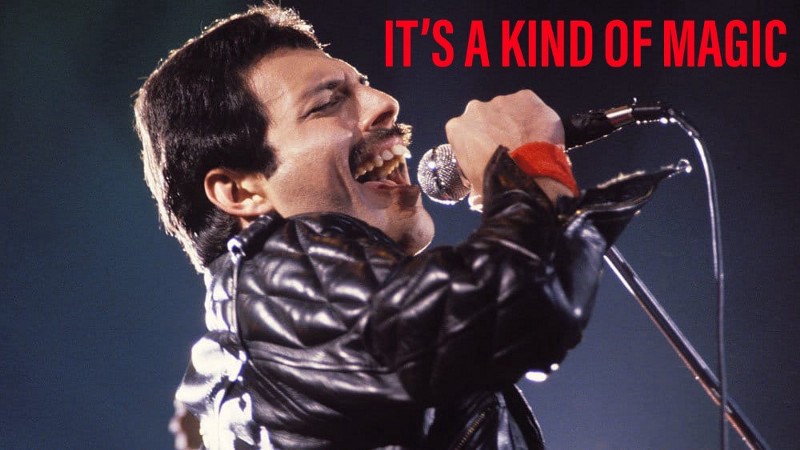
Cultural capital and social capital are objectively related to economic capital, but this must remain a secret. Capital engages in euphemization in order to conceal its gangsta-ass ways. What in the Sam Hill does that mean? It means that capital fills our language with all kinds of euphemisms about itself. Think about how the Republicans use the term ?job creators? as a euphemism for greedy capitalists. Social capital and cultural capital only function when we talk about them and frame them in a certain way, that is, when we talk about them in a way that?s euphemistic. We discuss them in a way that makes them more agreeable and inoffensive than they really are, which is how we conceal the fact that they?re ruthless mechanisms in the reproduction of economic capital, power and exploitation. Fuck euphemisms when it comes to capital! We have to be incredibly direct and blunt about this shit so that the people can clearly understand how they?re getting fucked really hard . . . and not in the good way.
Capital has three main forms: economic, cultural and social (symbolic capital is the fourth type, but its influence isn?t nearly as big). These forms stand in a set of multifaceted relations. One type of capital can be converted into another. For example, the more cultural capital one has, the more one has a chance of getting ahold of economic capital. If you have a diploma from an Ivy League school, then you more than likely can get a high paying job at a corporation. Economic capital is comprised of money, property, machinery, means of production, wage labor, real estate, etc. Economic capital gets institutionalized in the form of property rights. Cultural capital is knowledge, skills, cultural artifacts (cool shit), bodily dispositions, manners, attitudes, etc. Academic qualifications (degrees) are one way cultural capital becomes institutionalized. Social capital has to do with all the people you know, that is, it?s your connections. If you have a lot of social connections, then you also have many economic opportunities. In our society, someone who lacks economic capital, cultural capital and social capital is basically just fucked. The reproduction of these three types of capital is the reproduction of mass inequality, inherited privilege, arbitrary power, economic immobility, etc. In the words of The Dude, ?This will not stand, man.?
CULTURAL CAPITAL
Cultural capital has three different forms: (1) embodied cultural capital, (2) objectified cultural capital, (3) institutionalized cultural capital. Embodied cultural capital has to do our knowledges, manners, default behavioral patterns, default actions and reactions, styles of presentation, tastes, etc. Embodied cultural capital is the style of one?s being-in-the-world. It?s also a basic familiarity with one?s environment (in this case, the bourgeois world). If you want to make it in the capitalist world, then you have to know how to fit in. Being a bourgie fuck has to be your default setting. It has to be your behavioral autopilot. Embodied cultural capital has to do with one?s socialization and especially with how it takes root in the body.
Objectified cultural capital is all the cultural goods (cool shit) that serve to produce embodied cultural capital. If you want to have a basic familiarity with bourgeois culture, if you want to internalize this culture, then you have to get familiarized with all the awesome objects that it loves. Movies, albums, scientific theories, novels, paintings, history books, philosophical concepts, popular commodities, stylish clothes, etc., are all instances of objectified cultural capital. The bourgeois world has all kinds of theories about itself and about the objects it esteems. These bourgeois speculations and theories effect what get made. For example, a book on art criticism effects what kind of art gets made. Capitalist society has theories and interpretations about itself and bourgeois families with objectified cultural capital are the ones who can learn all about them. If you want to be part of the in-crowd, then you have to be deeply familiarized with all the stuff they like to talk about.
Do you remember in The Sandlot when Scotty lets his friends use the baseball autographed by Babe Ruth in an actual game of baseball? Benny knocks it over the fence where the Beast lives, thereby, losing it forever (or so it seemed). When the kids find out what Scotty did, they lose their collective shit. Scotty didn?t understand why the autographed ball was so special because he didn?t even know who the fuck Babe Ruth was. When he finally confesses this dark secret, the other kids look at him like he?s a brain-dead alien from planet Fuckboi. Under different circumstances, they would?ve never ever spoken to his ass again. Anathema! In this scenario, the knowledge of Babe Ruth is the embodied cultural capital and the autographed ball is the objectified cultural capital. Cultural knowledge and cultural objects go hand in hand.

Institutionalized cultural capital has to do with stamps of approval, with recognition and validation from official institutions. For example, a degree from a prestigious university. Institutionalized cultural capital has literal effects on a person and what they are able to achieve in society. It?s one thing to have embodied cultural capital, but it?s quite another to have that embodied cultural capital transformed into institutionalized cultural capital by getting it officially recognized by an illustrious institution. It?s the capitalist equivalent of getting knighted or some shit like that.
Bourdieu?s concept of cultural capital originated in a highly empirical analysis of the inequality children suffer within the educational system due to their social classes. The concept of cultural capital breaks with the presuppositions of bourgeois liberals. They think that academic achievement is based solely on individual aptitudes and talents, but this is a humongous pile of bullshit, since academic achievement mainly depends on one?s position (one?s capital) within the capitalist system. Economists only investigate education in terms of economic capital. They only worry about shit like the cost of education and the job opportunities graduates have. Their whole approach to education is limited and partially blind, since they do not understand how cultural capital and social capital play into the field of education. To properly study the educational system, one must take into account economic, cultural and social capital. When viewed from the Bourdieuian perspective, it becomes clear as day that the educational system is a game that?s rigged from beginning to end. True success in it depends on one?s cultural capital and one can only have an abundance of that if one is born into a bourgeois family.
The three forms of capital work together to maintain class power. Due to the cultural capital they inherit, bourgeois kids end up inheriting economic capital. Thanks to cultural and social capital, wealthy parents make sure that their children inherit class power and privilege. Working class kids have no real chance. To make it at the top of the capitalist world requires one to have the proper know-how, relatability (?they?re like me?), familiarity with bourgeois preferences, habits, taste, social connections, etc. An economist named Gary Becker talked of ?human capital?. This concept was set up to convince us that all humans have natural aptitudes that can eventually be transformed into money. The concept of ?human capital? completely ignores the concrete, determining factors (possession of cultural and social capital) that make one capable of actually gaining success in the educational system. Human capital is a just an abstraction that ignores the differences in class positions and all that they render possible and impossible. It?s a way of ideologically misleading us into thinking that the playing field is level when it?s really not. Kids born into bourgeois families, born into luxury, have far greater exposure to culture than working class kids do. Bourgeois kids also have a hell of a lot more free time in which to absorb culture.
There was a recent scandal that brings all this fuckery to light. Did you hear about that shit involving Felicity Huffman and Lori Loughlin? This was all over the news. In case you?ve been living under a rock, these two have been arrested for their involvement in a nationwide college admission cheating scheme. Lori, aka Aunt Becky from Full House, has been accused of paying $500,000 in bribes to get her bourgie daughters into the University of Southern California. In other words, Aunt Becky used economic capital ($500,000) to buy social capital (connections at the university) in order to give her dumb kids cultural capital (official credentials). Keep in mind that these spoiled brats took spots away from kids that actually worked their asses off to get accepted into a good university. Though maybe we shouldn?t be too hard on Lori. You try making 174 movies for Hallmark without becoming a shell of a person!
Let?s be honest, this bribery shit ain?t nothing new. Rich fuckers have always been doing crooked shit like this. Also, don?t let the fact that Aunt Becky was arrested fool you into thinking that the legal system really has our backs. It lets this shit go on all the time, but it?s also all too happy to send a couple celebrities to jail once in a while just to simulate the presence of justice where there?s really none to be found. Don?t let a handcuffed Aunt Becky trick you into thinking that the legal system is truly just. It exploits these instances of bourgeois wrongdoing in order to make itself seem upright, fair and decent when, in fact, it still benefits the rich 24/7/365. However, the Aunt Becky situation does provide a great example of how the different types of capital are exchanged with one another so that rich kids can inherit their parents? privilege. Sorry to break it to you, Aunt Becky, but . . .
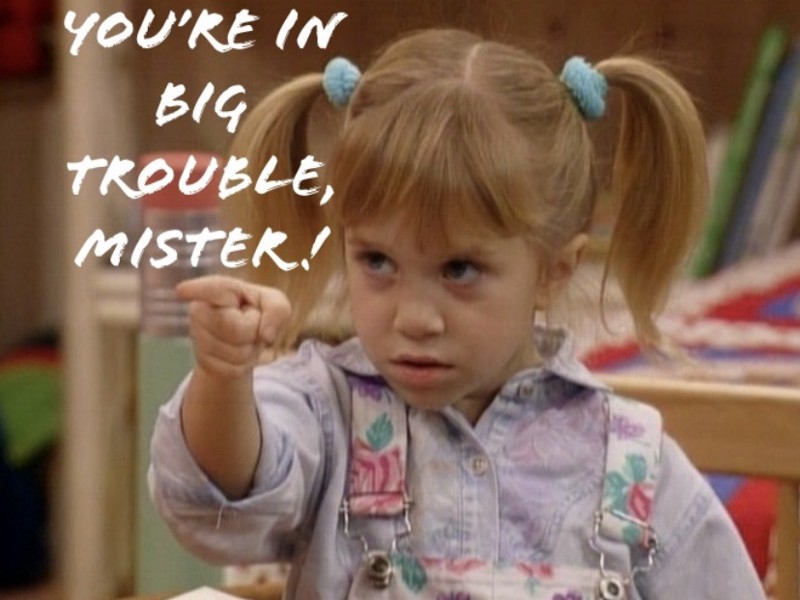
The Embodied State of Cultural Capital
Cultural capital is first and foremost related to the body, that is, it?s primarily embodied cultural capital. At its most fundamental, it?s all about how capital gets embodied, how it comes to possess our bodies like a fucking demon. But this indwelling ?spirit? is precisely what lets the bourgeois class stay the bourgeois class. The embodiment of culture doesn?t happen in the blink of an eye. This shit occurs over a long period of time. The bodily accumulation of cultural capital nessitates time and luxury. Bourgeois kids have the free time and possibilities necessary to accumulate culture in their very bodies (actions, reactions, gestures, mannerisms, taste, dispositions, etc.).
Socializing your body in this way is kind of like getting a suntan. It?s also like getting ripped by living at the gym. Just deal with it, bro . . . it?s leg day. Embodying culture can be compared to suntans and muscular physiques because it?s something a person has to do all on their own. They can?t have someone else do it for them. This, again, requires having plenty of time, freedom, privilege and opportunity, which lower class kids do not possess. One must do the work for oneself. Otherwise, it will be readily apparent that one is a poser, a fake, a sham, a fraud. Possessing a lot of embodied cultural capital is essential if you want to have a decent life in capitalist society.
The personal cost of acquiring embodied cultural capital is not just time but also a willingness and a drive to spend your time educating yourself, that is, reading books, looking at art, soaking up ideas, etc. You have to develop a strong enjoyment for learning. Educating yourself has to turn you on. I mean, learning doesn?t literally have to get pussies wet and dicks hard, but it does have to be a routine a person deeply enjoys. It?s through this enjoyment of self-education that someone is able to repeat it over and over again. Your libido has to become invested in it.
The most exact and reliable way to measure cultural capital is by its length of acquisition. The time it takes to become properly socialized, how long it takes to acquire bourgeois habits and dispositions. This time, this length of acquisition, is not just the time we spend at an actual school, but also the time we spend as kids learning about our culture. Kids who have a head start in the socialization process have a huge advantage over kids that start this process later in life. This structural inequality must be recognized!
Embodied cultural capital is what Jacques Lacan would call an extimacy, that is, an external intimacy. This shit sounds crazy but it actually makes a lot of sense. Culture is something that exists before any individual person is born. In order to become socialized, you have to incorporate culture, this external big Other, into the intimate core of your subjectivity. Without it, we wouldn?t even be able to be individual human beings. We?d all be more like animals, like those ape creatures at the beginning of Kubrick?s 2001: A Space Odyssey. In our society, bourgeois values, principles, habits, gestures and tastes make up the external culture one needs to subjectivize and embody in order to not be broke as fuck. Capitalism uses this weird extimacy shit in order to protect the class power of the capitalists.
But here?s the thing, we can?t instantaneously attain embodied cultural capital in the way one can buy a commodity. You can?t run into the grocery store a buy three bags of embodied cultural capital. Economic capital and cultural capital differ insofar as the former can be immediately attain through a transaction, whereas the latter cannot be. This can cause certain tensions between these two types of capital. Economic capital might need embodied cultural capital (for example, expert skill and knowledge) in order to maximize profits, but this cultural capital is inside of human bodies. How can economic capital get its hands on embodied cultural capital without buying the actual person how has it in his or her body? This, of course, implies slavery, which would undermine the very principles of liberal capitalism like ?freedom?, ?liberty?, etc. Economic capital needs to be able to use cultural capital as one of the means of production, but in a way that does not involve owning actual human beings. How does it deal with this deadlock? How can economic capital and cultural capital come to exist together in a concentrated form that merges them into one system? Wouldn?t it be convenient for those with economic capital to also be the ones who have cultural capital? You bet your proletariat ass it would!
People primarily accumulate cultural capital in a way that is unconscious. People usually don?t set out, after conscious deliberation, to accumulate it. The accumulation of cultural capital is often an automatic process that seems as ?natural? as the growth of bones. One?s cultural capital always bears the marks of its earliest acquisitions, that is, our primary behaviors, mannerisms, accents, styles, etc., always leave a lasting mark. So certain types of cultural capital can only be incorporated into one?s life if they?re compatible with your default settings or your bodily dispositions, which are your ?appropriating capacities?. Old people attempting to incorporate the cultural capital (music, style, fads) of young people usually just look ridiculous. They can?t really tap into them the way young people do.
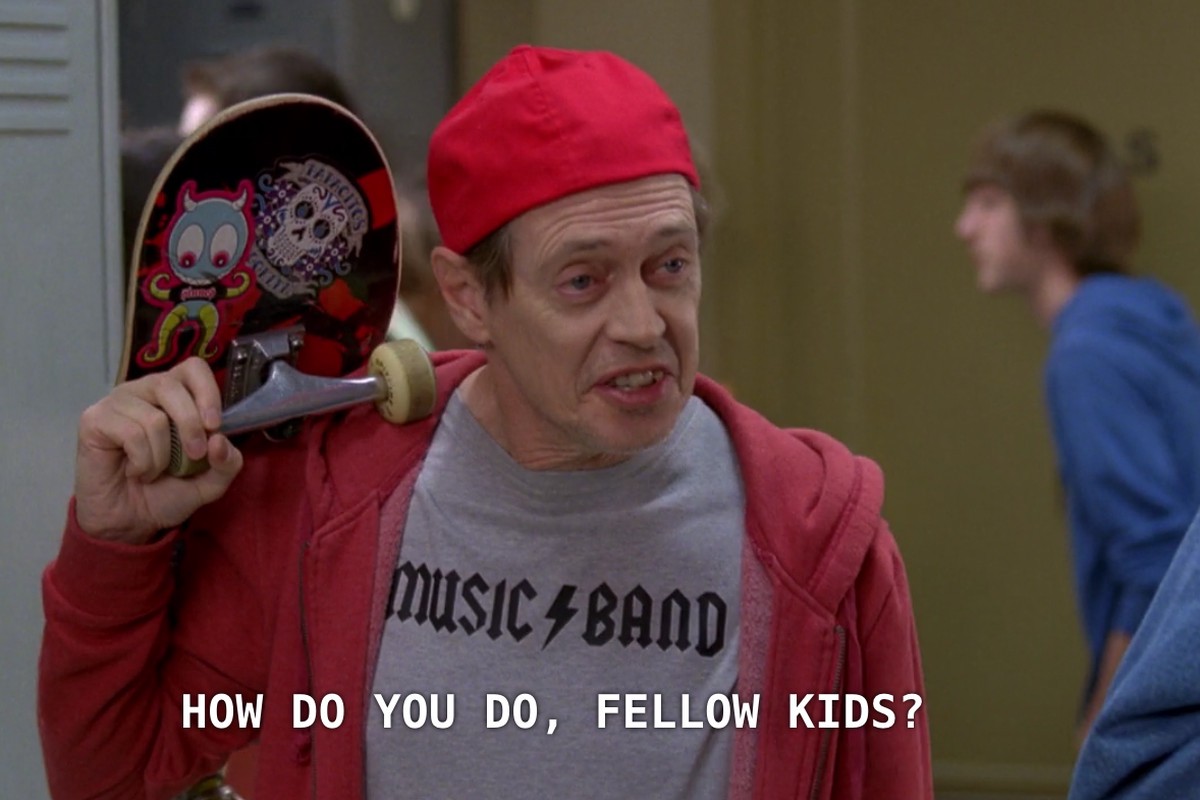
Embodied cultural capital, the socialized body in its individualistic aspect, dies with the individual bearer of it. There?s something peculiar about the relation between embodied cultural capital and its inheritance. Yes, there is a sense in which it is inherited, but this process is unique and largely invisible. It?s not like how we biologically ?inherit? physical characteristics nor is it like the simple inheritance of property. We are ?born? with embodied cultural capital if we happen to be born into a bourgeois family through which we are immediately immersed bourgeois culture. We also ?earn? embodied cultural capital through all of the time we spend self-educating ourselves. This shit is fucking complicated but it actually works out well for the capitalist class. Why? Because cultural capital gets to have the best of both worlds. It seems like you?re simply born with those ?natural? qualities that make you fit to be at the top of society while, at the same time, seeming to be the achievement of your own personal effort. In other words, the inheritance of cultural capital gives its recipients a powerful, yet contradictory, social aura ? one they were both ?born? with and that they ?earned?. This is ideology at its purest!
The inheritance of cultural capital is far more disguised than that of economic capital. It comes off in a way that disguises the fact that it?s actually capital (part of capitalist power). It just seems like a natural property. Marxists call this warped way of seeing ?reification?. It?s when we mistake the social products of human activity for natural things like trees and rocks. Embodied cultural capital is often misrecognized as symbolic capital, which is a kind of aura that hovers around a person. Think about how people like Kim Kardashian have a certain shine about them. It seems like this aura, this symbolic capital, springs from an individual?s natural abilities. It seems as though this dazzling presence is something the individual deserves credit for due to the awe-inspiring achievements that just come ?naturally? to this person. However, truth being told, the aura is really just the result of objective effects and structural positionalities, that is, shit the individual deserves no real credit for and only received through class privilege. But the deception of the symbolic aura is how the inheritance of cultural capital hides all of its injustice, privilege, immorality, inequality, class power, etc.

This sort of aura gives the possessor a position or status of authority in all sorts of different social fields, for example, in discussions of marriage, culture, art, societal welfare, fashion, etc. But most of the time, these fuckers have nothing insightful to add. Seriously, their opinions on important issues are about as useful as wet socks. I mean, who gives a flying fuck about Simon Cowell?s opinions on dog meat farming in South Korea? There?s all kinds of problems with that industry, I certainly don?t want dogs to be mistreated, but I?ll take a dog?s opinion on it over Simon?s any day of the week. However, the inheritor of cultural capital usually has the upper hand (power, advantage, privilege, authority) in the vast multitude of social fields. The more cultural capital (structural advantage) immediately appears as symbolic capital (personal greatness), the more power, clout, influence, and so on, the person has. The symbolic facade conceals the fact that the possessor of cultural capital has had all sorts of structural advantages. Because they have had these, they have been able to accumulate many skills and a lot of cultural familiarity that make them into a scarce commodity and, therefore, by that fact alone, into a valuable commodity. The more valuable the distinctions (special positions within society), the more valuable the person. Think about the advantages of someone who has been lucky enough to get to learn many languages.
Here?s the main point: if you are not able to provide an abundance of time for your children to educate themselves in cultural capital for a prolonged period, then your kids are destined to work the worst sorts of jobs and make the least amount of money. Social mobility is bullshit. To talk like Baudrillard again, the rare instances of transition from the lower class to the upper class are there simply to simulate social mobility. In reality, there is no chance of social mobility for the vast majority of kids. But the simulatory power of those rare instances is cherished by the bourgeois class. ?See, anybody can make it in a capitalist society!?
The more cultural capital you possess, the more know-how and familiarity you have with the bourgeois world, the more chances you have at accumulating economic capital, that is, being rich as fuck. The more cultural capital, the more economic capital. The means of attaining wealth (economic capital) are distributed through high positions within the system of cultural capital. If you want economic capital, then you better occupy the right cultural and social positions. Without that positionality, you ain?t getting a goddamn thing. You might save a little money if you?re lucky, but you?ll never have enough to transform it into a large-scale capitalist enterprise. The economic system is culturally and socially rigged, bucko. This rigged network of power relations produces luxury and privilege for those at the top and desperate unfreedom, stress and misery for those at the bottom.
Fuck off with your libertarian garbage! Rothbard can eat proletarian shit! Throw those Ayn Rand books straight to hell! The system of capital is actually-existing capitalism. The capitalist system as a whole is structured in such a way as to produce and reproduce inequality, not just in outcome, but also, more importantly, in opportunity. Poor and working-class kids do not have the same opportunities as rich kids. All these kids know this to be true. The apologists of capitalism can try to drill into our heads that there is equality of opportunity, but we all know better. The capitalists and their kids have all the power. They even get to write the official rules of the game by controlling the government. The capitalists own the politicians that make actual laws that benefit the capitalist class. We especially see this in our current paradigm of neoliberal capitalism.
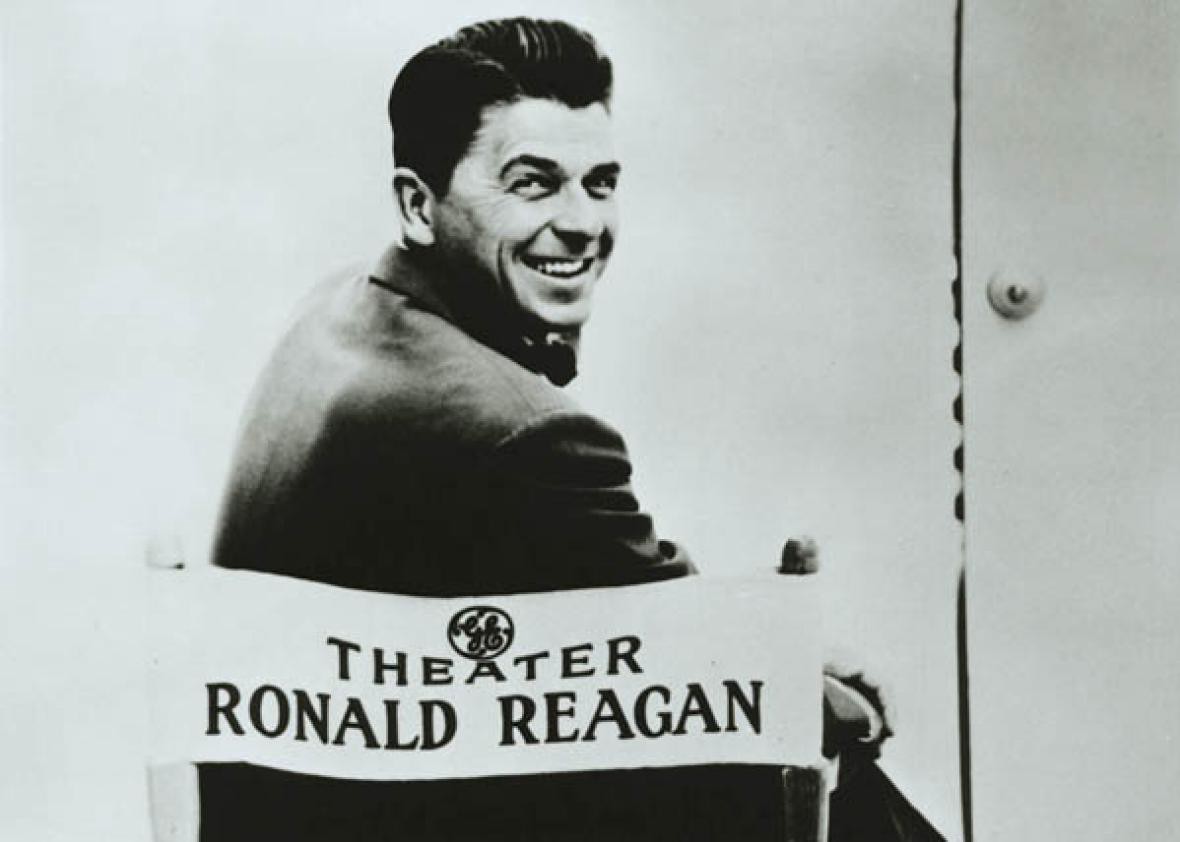
The transmission of cultural capital from one generation to another is arguably the most important mechanism in the production and reproduction of power. Economic power (economic capital) is maintained by the upper class (bourgeoisie) through the inheritance and transmission of its culture (cultural capital). The ?aura? of being an exceptional person, this symbolic capital, is something structurally generated through the lineage of cultural capital. This process has two key factors. First, true and sufficient appropriation of the proper cultural capital requires being born into the right family. Second, one?s appropriation (learning, assimilation, embodiment) of cultural capital must begin at the earliest stages of childhood. This primary or initial appropriation of cultural capital is what makes it very easy to appropriate other types of cultural capital. In other words, you must have (1) the right family and (2) enough time to incorporate the family?s fundamental orientation in order to really make it in capitalist society. Your familial and orientating default setting (primary cultural capital) is the main determinant of your whole life and position in the field of capitalism. From the day bourgeois kids are born, they are being schooled in the ways of the bourgeoisie.
Bodily dispositions, behavioral patterns, manners and mannerisms, social cues, contextual orientations, actions and reactions, tastes, likes and dislikes, idiosyncratic style, etc. are all things bourgeois kids start to develop and assimilate in early childhood. These are the fundamental indicators of one?s belonging to the bourgeois class. If you lack them, then you are fucked. If you don?t get it in the earliest years of your life, then you likely will never get it. What gives the hereditary transmission or inheritance of cultural capital its power is that, unlike the hereditary transmission or inheritance of economic capital, it cannot be regulated and policed by the state.
A kid absorbing the basic dispositions and gestures of the parents is not something we can pass laws to prevent. In the moral and legal senses of the term, this inheritance is blameless. You can?t put people in jail for this shit. You can?t regulate it like economic capital. And this is its power! It reproduces all kinds of fucked up power dynamics, economic inequalities, but in such a way as to make it impossible for us to hold those who profit from it accountable for it. We can?t blame a person for the family they were born into. We can?t blame someone for the facticity they were thrown into at birth. They didn?t choose to be born into a privileged family knowing that it would benefit them at the expense of other kids. It?s the Kantian moral principle: ought implies can. Kids can?t choice which families they?re born into, so we can?t hold them morally responsible for it. It?s not the individual member of the bourgeoisie that?s the problem ? the central problem is the whole bourgeois system and the mechanisms of the distribution of cultural capital.
So much of this boils down to who has the time and resources necessary to absorb cultural capital and those who do not. The way capitalism orders and distributes time is essential to its power. Again, all types of capital involve acquisition time or the time it takes to acquire them. Acquisition time is the link between economic and cultural capital. The more time a kid has to learn the ways of the bourgeoisie, the more cultural capital can be absorbed in his or her body (behavior, dispositions, habits). The more the time of acquisition can be prolonged, the greater cultural assets the person gains. The more free time (not having to have a job) your family provides you with, the more advantage you have of ?making? something of yourself in the world.
The Objectified State of Cultural Capital
Objectified cultural capital refers to cultural objects. Pianos, furniture, houses, clothing, books, films, jewelry, video games, artworks and cars are all examples of this sort of capital. Objectified cultural capital must be viewed through its relation to embodied cultural capital. Embodied cultural capital plays a huge role in the determination of objectified cultural capital. Objectified cultural capital is transmissible in purely material terms, since it is objective and physical in nature. Sometimes, it?s easy to transmit objectified cultural capital due to it not being economic capital. ?I?m leaving these paintings to my granddaughter in my will.? Now, and this is utterly important, legal ownership of cultural goods is very easy to transmit, but these objects really only become cultural capital for the owner if and only if this person has a sufficient amount of embodied cultural capital.
If you lack cultural familiarity with cultural objects, if you don?t have the dispositions, knowledges and tastes that reveal the place and value of your cultural objects in culture itself, then you don?t possess these cultural objects in the deepest sense of the word. Yes, you have legal ownership of them, but you don?t own them in the sense of understanding them, living them, breathing them. You don?t own them in the way that Tony Hawk owned his skateboards. You don?t really get Fight Club if you think it?s simply a movie about dudes punching each other ? you get it, you own it, when you see that it?s a scathing critique of the consumer society. Without the right embodied cultural capital you will never be able to properly ?consume? objectified cultural capital even if you legally own it. Legal ownership does not necessarily mean cultural ownership. To ensure the full transmission of objectified cultural capital, there must be a corresponding transmission of embodied cultural capital.
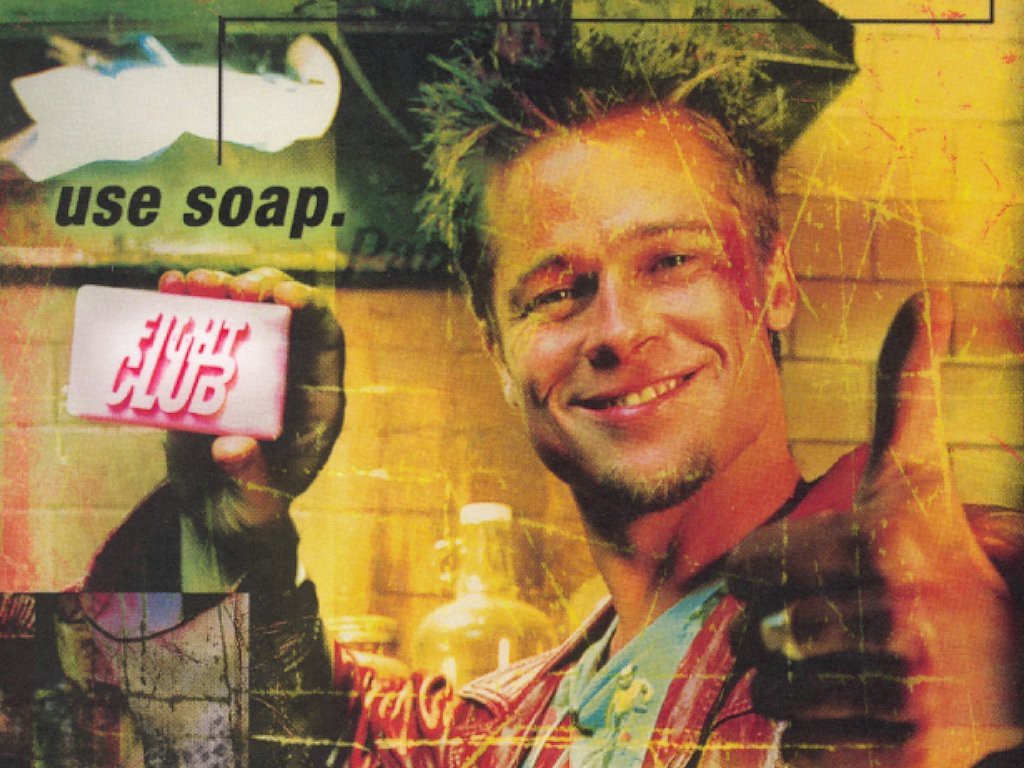
Economic capital and cultural capital deeply interconnect. To truly possess cultural goods, one must have both economic and cultural capital at one?s disposal. Objectified cultural capital without embodied cultural capital is not enough for a capitalist to run a thriving enterprise. The capitalists must, in some form, possess embodied cultural capital, be it in their own bodies or in the bodies of their employees. There are people in the production process who are not really capitalists, since they do not own the means of production, yet they end up getting big chunks of the profit due to how their knowledge (embodied cultural capital) makes to whole process work. In a sense, they?re neither capitalists nor wage laborers. They have an ?ambiguous status?. They don?t really own the economic capital, but their embodied cultural capital is what enables it to augment itself. Yet their embodied cultural capital is a highly specialized form of cultural capital that the vast majority of wage laborers do not possess. These unique people are both dominators and dominated.
Production tends to become more and more technologically complicated. To be able to make things using the latest technologies (objectified cultural capital), workers must have gone through an extensive education and training process, which produces an abundance of embodied cultural capital. Now, given how production requires this technological mastery and know-how, one would think that the skilled laborers, possessors of embodied cultural capital, would end up gaining power over the actual capitalists, owners of economic capital. But the capitalists retain their power. How? Because of how the possessors of embodied cultural capital are forced to compete against one another. Skilled laborers are too busy fighting against themselves to worry about seizing the power of the capitalists. The capitalists (economic capital) keep skilled workers (cultural capital) fighting amongst themselves. It?s important to note that, for Bourdieu, economic capital is still the dominant type of capital. Despite all the talk of cultural and social capital, which is absolutely important, economic capital is still what ultimately and fundamentally runs the show called capitalism. The competition between skilled workers (embodied cultural capital) starts before they even hit the job market. They are competing with each other at college. They are competing to get hired and competing to stay hired.
Objectified cultural capital has a transsubjective status, which means it?s not reducible to the idiosyncratic tastes of specific individuals. Cultural objects contain a surplus of meaning. Cultural objects always have more meaning in culture at large than they do in the minds and hearts of individuals (embodied cultural capital). Let?s be super clear here. Objectified cultural capital is not just a bunch of material scraps. Cultural goods involve a specific conceptual scheme, a system of meaning, in order to be the cultural goods they actually are. Their brute materiality is not enough to make them cultural goods. Their status as cultural goods necessitates worldly contexts and networks of concepts through which they can be interpreted. Cultural goods are material objects plus meanings and significances.
Without the bourgeois system of meaning, bourgeois cultural goods (objectified cultural capital) would not be cultural at all. Subtract the meaning, take away the connotations, from, let?s say, a Che Guevara t-shirt, and you?re left with nothing but a physical object, a t-shirt like any other. In other words, it?s one?s mastery of embodied cultural capital (knowledge, sense, discernment, familiarity) that provides one with mastery over objectified cultural capital (cultural goods). A great example of a cultural object being stripped of its original cultural meaning is the Coke bottle in The Gods Must Be Crazy.
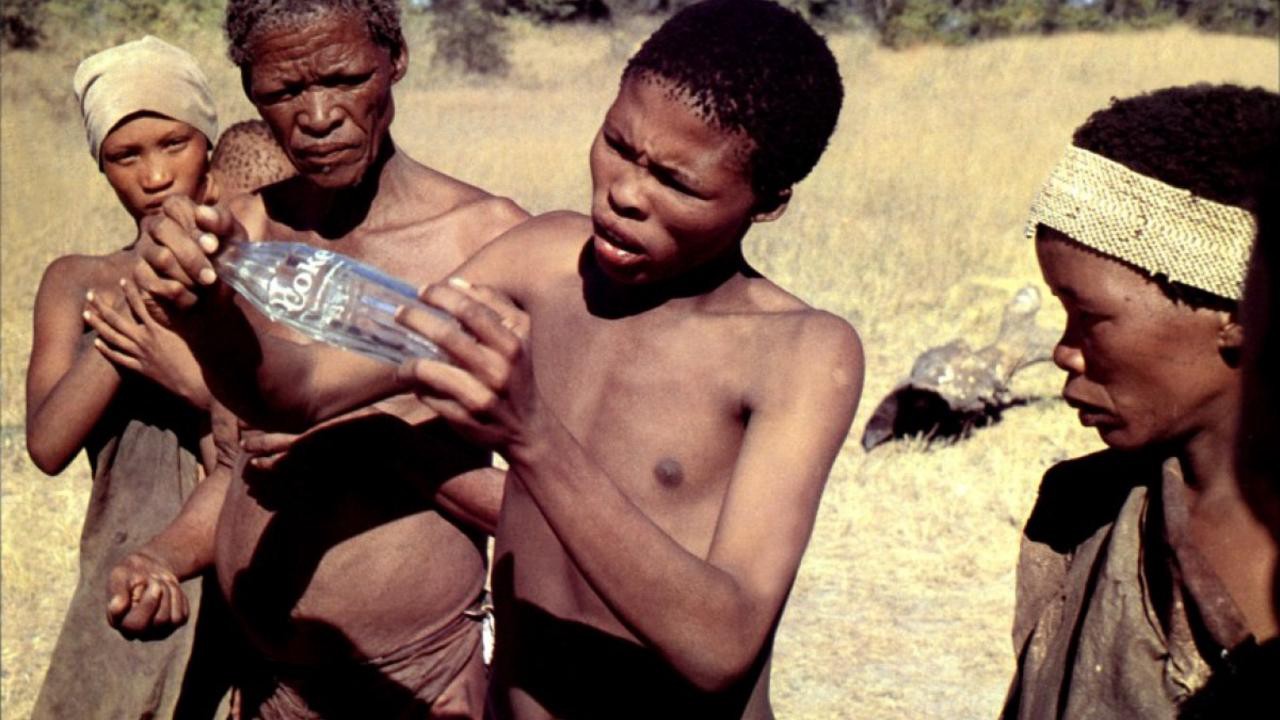
Cultural goods contain a social and material power that can be possessed and utilized if one has the right familiarity with them. Agents with the right embodied cultural capital can wield objectified cultural capital as a weapon in the social field. It gives them a great advantage. Used effectively, objectified cultural capital can get one far in the fields of art, science, technology, etc., which, in turn, gets one far up on the economic ladder. But, remember, the people who start off with objectified cultural capital being in their immediate environment are bourgeois kids, which is also an environment rich in the embodied cultural capital that makes possible the appropriation of objectified cultural capital. The kids learn this shit from mimicking their bourgeois parents.
The Institutionalized State of Cultural Capital
Academic qualifications are a way of combating the fact that embodied cultural capital is tied to biological facticity (the shit about yourself you can?t change and just is what it is). Academic qualifications serve to make up for biological limitations. Insofar as embodied cultural capital piggybacks on one?s body, one?s biological reality, it is susceptible to biological weaknesses (disabilities, physical limitations, illness, death, etc.). These academic qualifications turn embodied cultural capital into an objective measurement system. A Ph.D. in physics has its own objective merits independent from the actual biological reality of the particular physicist who earned it. Institutionalized cultural capital is more objective than embodied cultural capital and this is its power.
Institutionalized cultural capital is an objective criterion. It?s similar to the King?s crown or the police officer?s badge. Institutionalized cultural capital sets up an elaborate system of differentiation and distinction. There are all sorts of different positions inside it; each of which has a different value from all the rest. Also, once you bear the mark of institutionalized cultural capital, you have nothing more to prove, whereas those who simply possess embodied cultural capital will always have to prove themselves. There is a certain ?magic? to all this. If you?re one of the lucky rich kids who get to go to an Ivy League school and attain a degree, then you gain the power of having a certain fetishized aura about yourself. You are just ?naturally? more intelligent than everyone else. A certain type of social and institutional recognition, one that?s ultimately bullshit, is guaranteed for you the rest of your days.
Institutionalized cultural capital, unlike embodied cultural capital, lends itself far more to quantification and economization, that is, it?s much easier to place a monetary value, a dollar amount, on its worth. This allows for the possessors of institutionalized cultural capital to become commodities that can be exchanged with economic ease. In other words, it serves to dehumanize people. Institutionalized cultural capital can be said to be the conversion of economic capital into cultural capital. It sets the relative value for those who possess it. The only real reason to seek academic qualifications (institutionalized cultural capital) is because they can be exchanged for economic capital, for a high paying job.

However, under our current neoliberal capitalism, this is no longer guaranteed. You can have a good degree and still not be able to find good work. Supply and demand can effect the worth of institutionalized cultural capital. The institutionalization of cultural capital is one strategy for turning economic capital into cultural capital. Education, during Bourdieu?s time, was a booming business. However, like any business model, it can quickly become outdated. There?s a huge multifaceted network of relations between economic capital, cultural capital and social capital. Changes in one effect the others. Again, college degrees are far less valuable now than they were in Bourdieu?s day. Changes in these respective fields alter the chances of profit. A degree used to have a very high probability of profit (economic prosperity), but not now.
SOCIAL CAPITAL
Social capital is basically who you know. It?s your ?connections?, that is, the people who will hook you up with x, y and z. Social capital is your network of hook-ups. It?s the people you identify with and who identify with you. Social capital is all of your ?plugs?. It?s your uncle that can help you get a good job. It?s your rich-ass father that will give you a ?small loan? of $10,000,000. Social capital has a deep connection to institutionalized cultural capital or, more specifically, to institutional recognition. People are drawn to people who have that special aura. Social capital can have unofficial, non-instituted, spontaneous forms and official, instituted, structural forms. Instituted social capital is a system of exchanges that maintains the power, status and privilege of those who belong in its network.
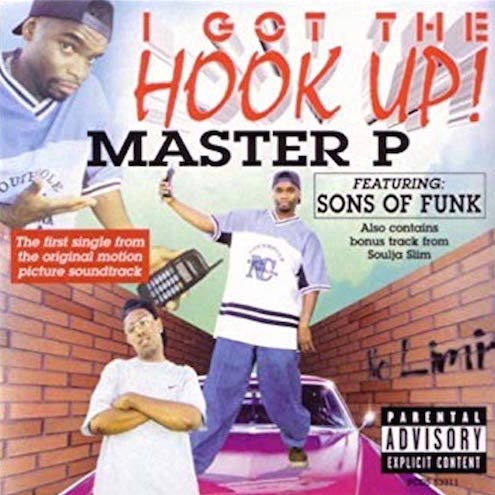
Symbolic exchanges are really the lifeblood of social capital. Symbolic exchanges, in this case, have to do with jerking each other off, that is, validating each other?s status, giving symbolic hand jobs. It also involves gift exchanges, for example, buying each other expensive dinners. Maintaining your symbolic spot, your reputation, is actually the most important thing. You have to symbolically position yourself correctly in society if you want motherfuckers to do you favors and hook you up with cool shit. This symbolic positioning is not reducible to your geographical position (to your city or neighborhood), nor to your economic position (how much money you have) or to your social position (being the child of so-and-so).
Simply put, social capital is all of the relations you have to other people. The more connections you have or the greater connections you have, the more social capital you possess. If you have a lot of social connections, if you know a bunch of people with decent cultural or economic capital, then you are in a position to get hooked up with many opportunities. If you don?t have a lot of connections, but you happen to be loved by Jay-Z and Beyonc, then it?s fair to say that you?ll be alright. Therefore, we can think of the wealth of social capital in different ways, but it boils down to who you know. If the people you know have capital (cultural, economic, symbolic and social) and are willing to help you, then you, too, can be said to possess their capital (just in a different sense). Also, the more capital you have, the easier it is for you to gain more social capital. That is, social capital is connected to the other types of capital. If you want more social capital, then you need to have economic, cultural or symbolic capital. Again, these four types of capital form a single overarching value system ? the system of capital. Each type of value or capital has a relative autonomy, but, ultimately, they form one network of capital circulation and accumulation.
What holds groups together in capitalist society is how they serve to maximize each person?s social capital. These groups are rooted in consumer status and self-interest. They?re not authentic communities. They?re just ways for people with power to preserve and augment their existing power (capital). Their ?solidarity? is selfishness in disguise. These assholes are on some real fuck shit. People don?t have to consciously pursue the augmentation of their social capital. The capitalist system is organized in such a way as to produce the concentration of social capital as one of its structural effects. It happens ?naturally?, which is to say, it seems to be natural even though it?s anything but. The four types of capital have a kind of ?magnetic? relation to each other. They tend to cluster together. This means that the vast majority of folks can never attain them.
Social capital is not natural nor a simple social given. Instead, it is constantly and arbitrarily being produced and reproduced through various bourgeois institutions. This reproduction involves constant acts. It?s not something that happens through one act alone. In other words, staying in the good graces (social capital) of bourgie fucks requires a lot of effort. The growth of social capital necessitates a whole lot of time and energy. You have to feel the right things, say the right things and do the right things in order to make social capital durable. Simply put, all this ass-kissing becomes like a full time job. Instituted social capital involves symbolic practices. It involves people coming to identify with one another in certain ways. This means that social capital colonizes our egos. I have to come to see myself in you and you have to come to see yourself in me. You become my alter-ego and vice versa. Symbolic identity is built on this mirroring effect, this mutual recognition. But it is all based on our positions in the capitalist system. The game of social capital is a bourgeois circle jerk that comes (pun intended) at the expense of everyone else in society. Social capital is an ass-kissing club.
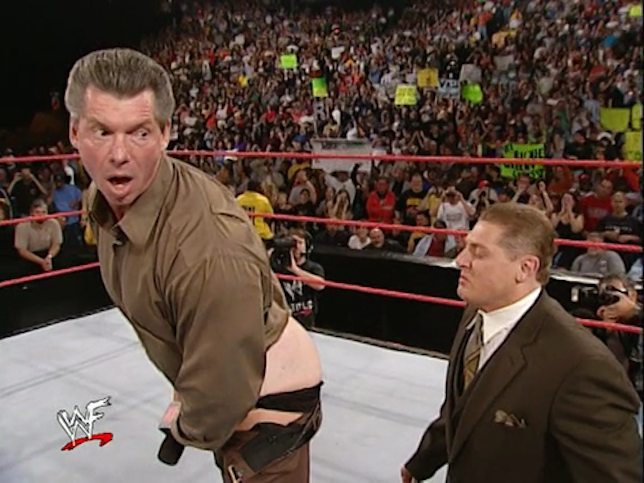
Exchanges of these signs of recognition preserve the group but also serve as its limit. Think of exchanges as social interactions. For example, conversations are exchanges of words and gestures. If there is a mishap in your exchanges, then you might be kicked out of the group. Exchanges gone wrong can also fracture the group itself. The rules of proper exchange or interaction, the criteria of what counts as proper exchanges, are somewhat modifiable and unwritten. There are certain fundamental types of exchange that serve as the initiations or initiatory tests, but these can be altered. But there are limits, which, if traversed, cause one to be ostracized even if one has performed all of the proper exchanges up to that point. Basically, your under constant scrutiny and observation. If you say the wrong thing, then your life is over. This is some paranoid, totalitarian bullshit. Fucking exhausting!
While so-called ?primitive? societies and traditional societies allowed families and groups to have the final say in who their children marry, now things have changed somewhat. Nowadays, we let children choose who they marry, but there?s a pervasive social network that influences and polices these decisions without being immediately apparent. Capitalist society still determines who marries who, but in a way that is inconspicuous and ?blameless?. It simulates freedom in marriage while actively determining it at a structural and institutional level. In other words, the social system usually decides who you marry while letting you think that you make this decision. I mean, yes, you have some say, but most of it is socially determined by the system of capital (economic, cultural, social, symbolic). Desire desires the other?s desire. This means that your desire is largely shaped by what society desires and by what other people desire. It?s like George Carlin said, ?Coveting your neighbor?s goods is what keeps the economy going. Your neighbor gets a vibrator that plays ?O Come All Ye Faithful?, you want to get one, too.? This elaborate network of unconscious motivators and hidden persuaders serves to reproduce a bourgeois class wherein power is totally concentrated.
The reproduction of social capital, maintaining your connections, is a huge pain in the ass. It?s tedious as fuck, but it also enables you to have a decent life (I feel weird and icky calling this bourgeois fuckery ?decent?, but you get the point). The work of reproducing and increasing social capital requires much time, but the investment of this time is worthless if you do not already possess the right dispositions, i.e., social know-how, competence, familiarity, etc. Bourdieu called all of this shit the ?habitus?. If you don?t already know your way around the bourgeois social order, then your time and energy will probably not be able to effectively accumulate social capital (connections). The more cultural capital you have, the more you can accumulate social capital. No cultural capital? No social capital? No economic capital? You might as well just kill yourself, since you ain?t shit and never gonna be shit. Capital is a heartless bitch! Again, there?s a certain kind of magnetism to capital. Capital is magnetic. If you have social capital, then those who also have social capital will want to be ?friends? with you and you with them, since both stocks of social capital increase in value. Think about the fact that celebrities only follow other celebrities on Instagram, Twitter, etc. The rest of us are mere peasants to them, since we cannot increase their social capital.

At the end of the day, however, the game of the accumulation of social capital is really nothing but using other people for your own ends. Break yourself, fool! People are just means to an end and that end is capital. Once you have established a vast amount of social capital, you don?t have to work to maintain a lot of it or to augment it. Why? Because people are all too happy to kiss your ass and bend over backwards for you. Your social capital has such a powerful allure that people will do anything you want them to do just to be associated with you in any way, shape or form. This one-sided devotion is exemplified in what?s now being called ?parasocial? relations. Eminem doesn?t have to stay in touch with people for them to be accessible to him at the drop of a dime. Even if Em hasn?t talked to these people in ten years, he can still get them to do whatever he needs them to do. They?re all too happy to kick into Stan-mode for him.
There?s usually a single person or a small group of people that represent the larger group of the possessors of social capital. Think about CEOs, studio heads, label heads, party leaders, etc. The concentration of social capital usually involves hierarchal dynamics. The main representative ends up wielding the full power of the totality of the group?s social capital, which is far more powerful than the representative?s personal stock is. So, even within the group, there?s a lopsided distribution or delegation of power and capital. Even within the group of possessors of social capital there is a tendency towards monopoly.
Traditional representation worked differently. Back a long time ago, the main representative was the oldest male in the family. That old dude had to take full responsibility for all the shit his relatives did. The big difference between traditional representation and capitalist representation lies in the fact that the capitalist representative has the power to simply kick a weak or embarrassing member out of the group, that is, cut all ties. In traditional representation, the head of the family had the duty to take responsibility for the worst or weakest member of the group no matter what. Nowadays, things have change. The head of social capital can say, ?Look here, you little shit, you?re not gonna reflect poorly on our group! I guess I?m a Catholic because I?m about to excommunicate your ass. Be gone, lil bitch!? In other words, traditional representation had a far stronger hold due to its familial basis (blood ties). Family meant everything in traditional society. For the group built on connections between social capital, even if blood relations are involved, what is primary is the reproduction and accumulation of social capital. It?s not really a matter of deep honor but of maintaining the public image of the group.
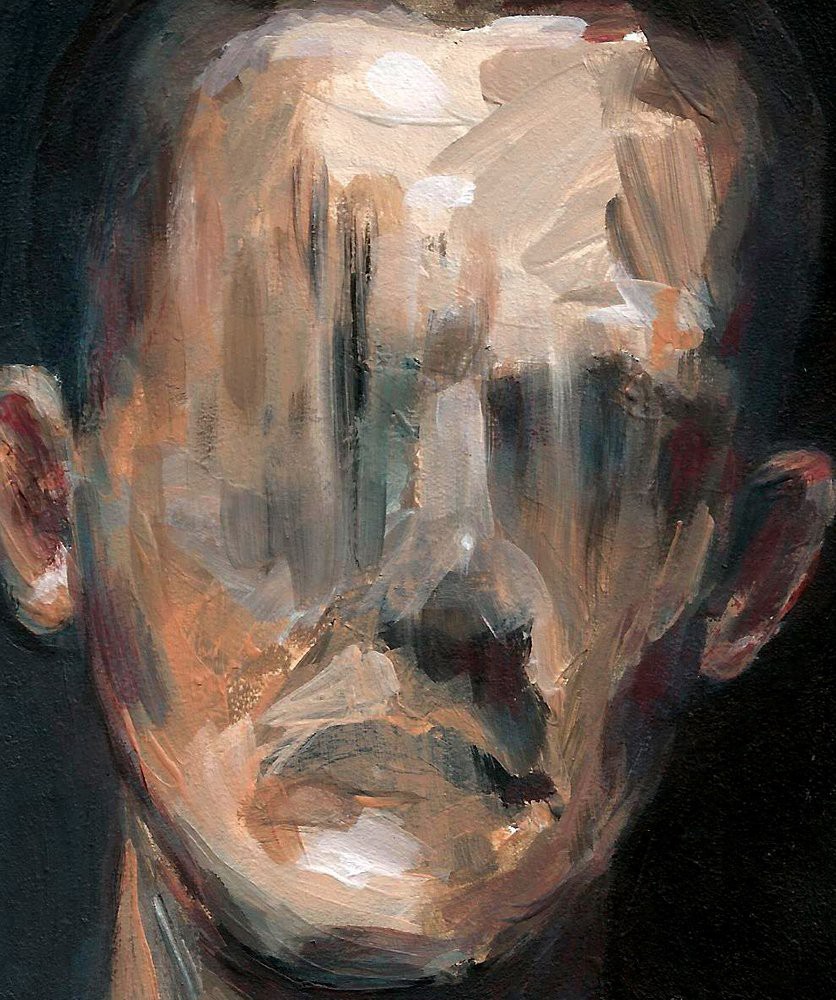
But if the fierce competition for the position of monopolistic representative can threaten the structural integrity of the group, then there must be some way to neutralize this internal danger. One way this is done is by setting strict guidelines on who can and who cannot enter the group and especially on who can become the head of it. The group is structured in such a way as to prevent most people from becoming the lead representative. You have to know the game inside and out in order to become the head of the group. This mechanism of selection must be in place in order to secure and expand the group?s social capital. The nobility, the noble class, is the great historical example of this conservation mechanism. Aristocratic nobility is the primary way those in power have preserved and cultivated their social capital. There?s a certain paradox at work in the spokesman of the group. This type of representation is paradoxical as fuck. This agent can turn the power the group gives to him on the group itself. The group determines the representative, but the representative, in turn, determines the group.
The ways in which delegation and representation are set up make it possible for the group to maintain and concentrate its social capital but they also make possible certain potential mishaps. The larger the group and the weaker its members, the stronger the mechanisms of delegation and representation come to be. This is because the representative is like an anchoring point on which all of the various stocks of social capital become unified and pinned together. There are only so many people you as an individual can network with, but representatives allow us to form new alliances in a way that is indirect. In other words, through the representatives, you gain connections to people you don?t even know. Yet this representational mediation is what allows great pools of social capital to form. ?We don?t all know each other, but we all know of each other.? However, the ?embezzlement? of social capital is possible. The representative can basically take the social capital the group gives to him and use it for personal ends that go against the interest of the group itself.
The power of social capital tends to concentrate in groups, but even more so in the subgroups of these groups. If the group is a rock band, then the subgroup is the frontman. The lead representative embodies the group?s set of values to a far greater degree than the other members do. The fact that we spontaneously use metonymy to signify the dynamic between leader and group supports this idea. As members of the group, we come to bear the mark of the leader. Here we start to get into that whole cult of personality thing. The representative becomes more powerful than the represented. For example, the party leader becomes more important than the people he ?represents?. This is the intrinsic danger built into the group dynamics of the bourgeois class and the game of social capital accumulation. Now the leader of the group only represents himself and his interests. Fuck the group! His symbolic capital is so great that it comes to hold the group and its social capital hostage. The ?representative? is in a position to create new social groups ? some of which can only come into existence through the representation of this representative. Again, this boils down to the fact that capitalism concentrates power in fewer and fewer hands. The game of capital is a pyramid scheme. As Scarface so eloquently put it, ?You know what capitalism is? Gettin? fuck!?
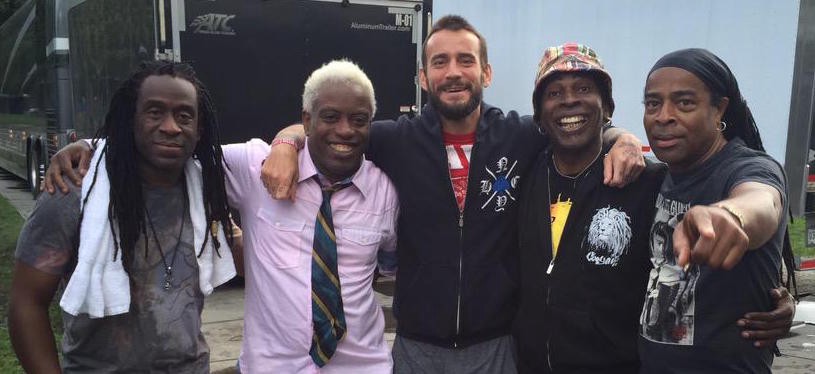 Your cultural capital is on point if you get it.
Your cultural capital is on point if you get it.
CONVERSIONS
Economic capital can be transformed into other types of capital (cultural, social, symbolic). However, it takes time and energy to make these transformations. Now, sometimes it?s easy as fuck to do this, but, at other times, it?s a huge pain in the ass. But the point is that if you have economic capital and if you want to transform it into a different type of capital, then you more than likely can make that shit happen. Capital capitalizes capital. Sometimes, you can just immediately buy whatever goods and services you need. If you have money (economic capital), then, for the most part, it?s pretty easy to get whatever your little heart desires. But there are times when economic capital isn?t enough and you also need social capital (connections) in order to get the things you want. In these scenarios, it?s not enough to just have money; you also have to know the right people.
A great example of this shit is found in An Evening with Kevin Smith. This film is a collection question and answer sessions Kevin Smith held at American universities back in the early 2000s. My favorite out of all these is the one where Kev talks about his experiences with Prince. Prince asked Kev to come up to Paisley Park for a week to film stuff that was going to ?change the world?. The filming centered around Prince getting fans? reactions to his new album as well as talking about religion with them. Needless to say, these stories are fucking priceless. At one point, Kev tells us about something Stephanie, Prince?s producer, told him. Stephanie explained how Prince has been ?living in Prince world for quite some time? and simply can?t process why his staff can?t get him whatever he wants the moment he demands it. Late one winter night in Minnesota, Prince informs Stephanie that he needs her to get him a camel. She had to patiently explain to him why she couldn?t go get him a fucking camel. The point is that it didn?t matter that Prince was rich as fuck and one of the most famous pop stars in the world. Economic capital isn?t enough to get yourself a camel the moment you realize you want one. You?d have to have the right connections (social capital) and we?re talking connections the Purple One himself didn?t even have. God knows what you?d have to go through and who you?d have to know to get a camel at 3 A.M. in Minnesota in January. The shit was just impossible. Sorry, Prince, but you?re going to have to wait a bit to ride a camel in the purple rain.
Some things can only be purchased if you have the right connections. If you need social capital to get your hands on something, then you can?t get it at a moment?s notice if you aren?t constantly maintaining your connections. This entails a lot of time and effort, a whole bunch of ass-kissing, circle-jerking and fake-ass networking. You have to invest a shitload of your time in the maintenance of these self-serving relationships in order to use them (get a return on your investment) the moment you need to. What?s worse, you have to stay in constant contact with these miserable bourgeois fucks even though you might only need to use them once or twice in your whole life. It takes a long duration of time, it requires a time lag, to create the illusion of gratitude, friendliness and sincerity.
True friendship has a certain nonspecific indebtedness about it, since true friends really do owe each other and recognize their mutual debt, but not in the bullshit economic sense of ?debt?. This nonspecific debt truly affirms the friendship and creates meaningful social bonds. But the bourgeoisie really aren?t friends. They?re faking ?friendship? just to get ahead. This work is tedious as fuck! It almost makes me feel sorry for the bourgeoisie. Settle down, leftists! I said ?almost?. The thought of doing all this soulless labor just to produce and reproduce a network of soulless relations between soulless swine is enough to make you projectile vomit like you?re starring in The Exorcist. Call me Bartleby or call me ?i?ek because I would prefer not to.

Economic exchange might be filled with self-interest and distrust of the other person involved, but at least the exchange itself is pretty honest about what it is: two people or two groups trying to get something they want. The exchange of social capital, on the other hand, is muddy and unclear. It necessitates the appearance of friendship, that is, the opposite of self-interest. You have to pretend you?re interest in the other person is unselfish and genuine. ?I just want to be you?re friend.? In reality, you?re only doing this to able to you use the asshole at the most opportune moment. You?re investing a huge chunk of your time in this ?friendship? just to have it as a resource. You even end up lying to yourself about this shit. You convince yourself that it isn?t just about using the other person. You lie yourself into thinking you actually value the person as a person. Social exchange or the exchange of social capital is just as self-interested as economic exchange. However, it has to totally lie about this and maintain the illusion of friendship ? thunder buddies for life! All this fake bullshit just to turn economic capital into social capital, just to turn your current wealth into social relations that can, in the long run, help to grow your wealth. Shit inside other shit inside more shit.
At the end of the day, economic capital is at the root of all other types of capital. They aren?t entirely reducible to it, they do have a relative autonomy, but they do stem from it and primarily serve to secure and reproduce its power. Cultural, social and symbolic capital are the little minions of economic capital. These other sorts of capital only work effectively when they appear to have nothing to do with economic capital (money, profits, self-interest, etc.). Their main function, though a secret one, is to create a capitalism with a human face. In other words, they make it seem as though capitalist society isn?t all about greediness, selfishness, exploitation and inequality. They simulate friendship, recognition of human integrity, respect for others, community and meaning where there really is none (the bourgeois class has a lot of things but not these). In capitalist society, everything begins and ends with economic capital, but such a bleak, cold, depressing truth must be concealed in order for things to go on ?functioning? ? enter cultural, social and symbolic capital.
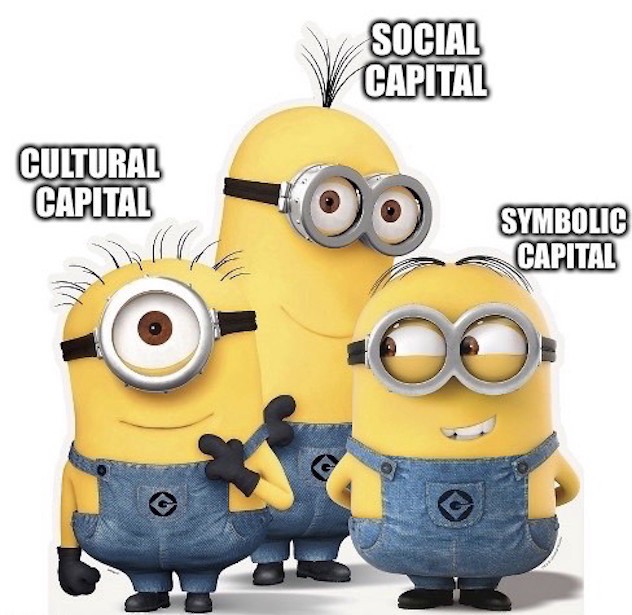
To properly understand how capitalism works, how the rich stay rich and why the poor stay poor, we have to get beyond two views. Both contain some truth, but ultimately prevent us from seeing the big picture of how capitalist society as a whole really operates. The first view is called economism. Economism just means that everything is reducible to economics. In our context, it means that all the other types of capital are reducible to economic capital or that the only type of capital is economic capital. As we just saw, there?s a certain truth, a partial truth, to this way of thinking, but it also keeps us from seeing the real differences between economic capital and the other types. The second view is called semiologism (fucking intellectuals with their fucking jargon!). This view makes all exchanges into semiotic or communicative ones, that is, it reduces all exchanges to language, signs, status symbols, etc. Economism cannot do semiotic justice to cultural, social and symbolic capital, whereas semiologism cannot do material justice to economic capital. What we have to do is see the partial truths of both and see them as parts of one overarching system of capital. All four types of capital work together, materially and semiotically, to keep the rich rich and the poor poor.
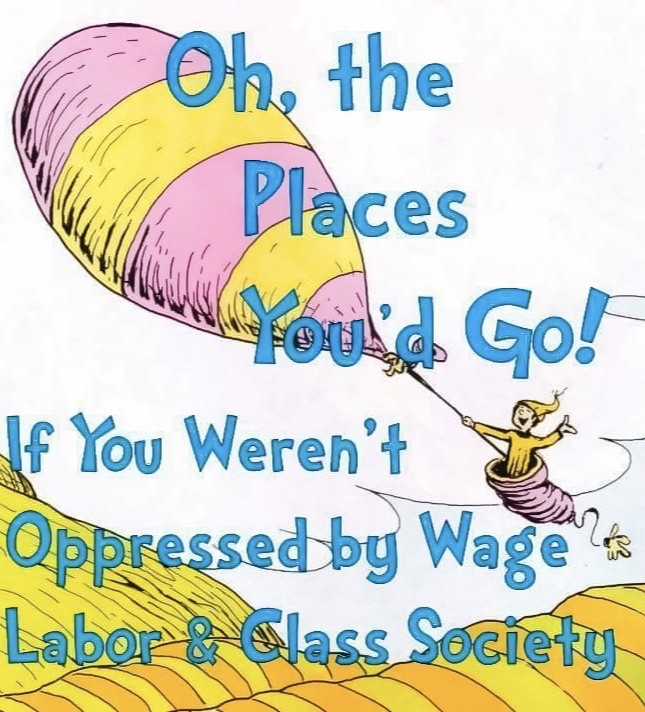
All forms of capital are generated by labor time, by time and energy. They all boil down to this same ?substance?. This is why they can all be exchanged with one another. For example, the transformation of economic capital into social capital is really just the transformation of labor time into other labor time. This is basically the social version of what physicists call the law of conservation of energy.
As we?ve already seen, turning economic capital into social capital requires a special kind of labor. This labor is the labor of making other bourgeois assholes think you really like and care about them just so you can use them when the time is right. People don?t like being used, so you have to convince them that the relationship really isn?t about personal gain (even though it really is). You have to fake the feeling that comes with giving someone a personalized gift. You know damn well that getting a gift card for your birthday doesn?t mean shit to you. You might be happy to get it, but you won?t remember this sort of impersonal gift years down the road. However, if someone goes out of their way to give you a very special, personalized gift, then it creates a deep bond between the two of you. This feeling of personal meaning is what has to be simulated if you want to accumulate a shit ton of social capital.
The exchange of social capital has to seem like a type of exchange that?s totally the opposite of economic exchange. It?s all bullshit but the bullshit is what makes it work. Pure economic rationality views all this circle-jerking as a huge waste of time. Economic calculation says, ?Oh, for fuck?s sake, stop pretending to actually care about each other. Just be honest and use the fuck out each other and, then, go about your business!? However, most human beings can?t bring themselves to blatantly use and misuse each other. We hate to think someone is simply using us like a piece of equipment and we also dislike being too conscious of how we ourselves are using others as mere dehumanized instruments. The exchange and accumulation of social capital might occur much faster and more efficiently if we could be completely honest about using each other, but we can?t be flat-out honest about that shit. In the game of social capital, we have to dilute our self-interest with simulation and bad faith in order for it to get what it wants. This means that all the time people invest in faking gratitude and friendship, in accumulating social capital, turns out to be worth it, economically speaking, in the long run, since they can eventually turn these social connects into more economic capital.
Just as economic capital and social capital can be transformed into one another, so, too, can cultural capital and economic capital. The best standard of measurement of cultural capital is the amount of time it takes to acquire cultural capital. But this amount of time has a deep connection to economic capital. Why? Because the more economic capital a family has, the more time they?ll be able to provide their children with. Rich kids, upper middle class, even middle class kids, have a lot more time and exposure to culture than lower class kids and poor kids do. If the parents have a lot of money, then they?ll be able to give their kids the best education available. And since these kids don?t have to work, they can spend a much greater amount of time on their education (accumulating cultural capital in their very bodies). The parents turn their economic capital into cultural capital through providing their kids with an abundance of time in which they can culturize themselves. In turn, these kids can turn this cultural capital into economic capital. Once they graduate from college, once they get their embodied cultural capital institutionalized, they can go on to get high paying jobs.
Again, the game is fucking rigged from one end to the other. Within the bourgeois family, effectively transmitting the parents? cultural capital to the children requires (1) possession of cultural capital and (2) possession of the amount of time necessary to transmit it. Traditionally, it was the mother who possessed both of these. Bourgeois kids don?t have to enter the labor market (find a job) until much later in life. They get to spend much more of their youth soaking up culture through prolonged schooling and excessive free time. All of this privilege can pay off for them in the long run. Lucky little shits!
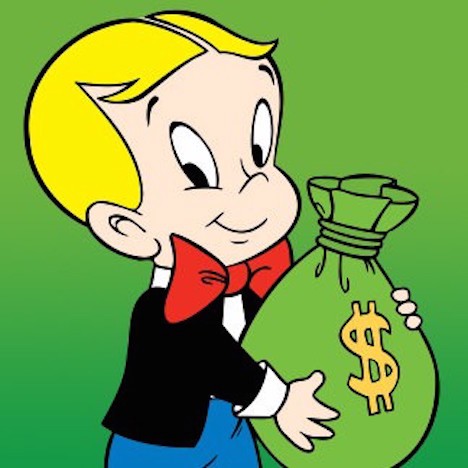
The conversion of capital into capital, the fact that one type of capital can be transformed into another type, is what lets the entire system of capital reproduce itself. The convertibility of capital is the main mechanism through which capital takes over society at large and works its way into every aspect of our lives. Fucking fuck! Each conversion comes at the expense of one type of capital but also, more importantly, ensures that the system of capital itself remains in total power. We can identify the various types of capital based on what it takes to reproduce them, that is, transmit them to the next generation of the bourgeoisie. Economic capital is passed on in ways that differ from how cultural capital is inherited. This transmission involves both loss and concealment. The more capital is lost in transmission, the more concealed the capital transmitted is, and vice versa. In other words, the more capital is lost in its transmission, the less people notice the capital that actually gets transmitted.
The transfer of economic capital can be disguised by the exchanges of cultural and social capital, but this can also involve a loss for economic capital. The fact that the different types of capital are different from one another (even though they ultimately share the same ?substance? known as labor power) makes the whole transmission process one of great uncertainty. Even though the capitalist class will be preserved through this process, things are somewhat up in the air for its individual members when it comes to the particular transmissions of capital. No matter how hard one tries, things can go wrong. For example, a great abundance of social capital can be lost in a couple seconds if someone expresses ingratitude towards another person. If someone finally has enough of the bullshit and decides to let motherfuckers know exactly how they feel, then all that social capital will go up in smoke. These bourgeois pricks really hate it when you tell them to suck it while doing the DX crotch chop.
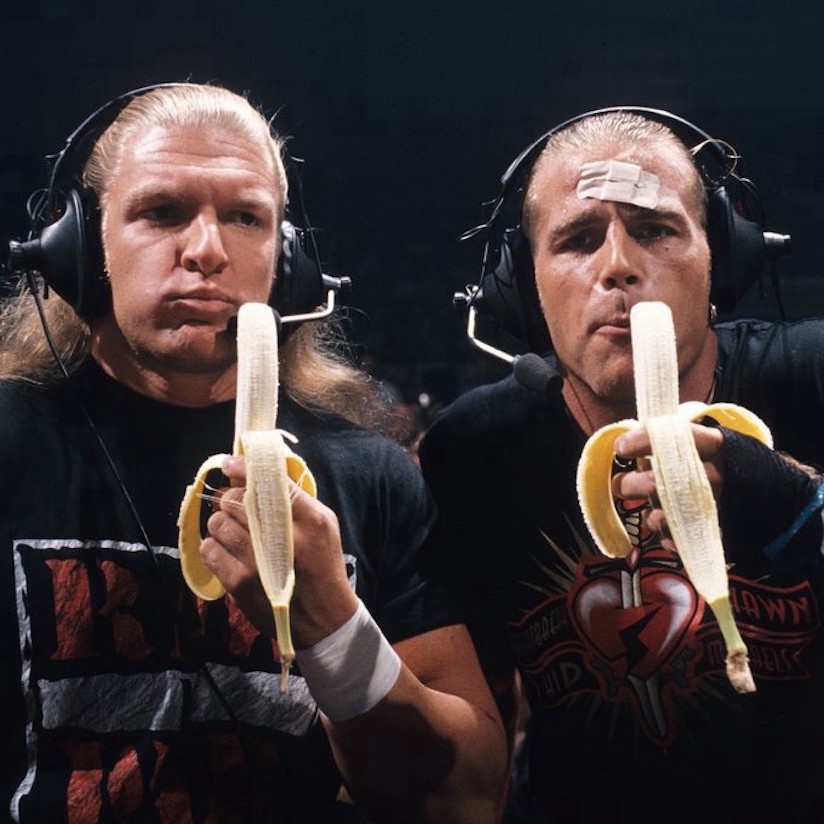
There?s also a deep risk involved in the transmission of cultural capital. Think about how many people have gone to college and gotten their cultural capital (knowledge) institutionally validated through receiving a degree, but now can?t do jack shit with it. This is especially true if we?re talking about the humanities. Degrees in the humanities are basically poverty traps. Back in the day, a college degree guaranteed you some good shit, but those days are long gone. If you can?t get a good job, if you can?t afford to raise a family, if you have kids but can?t spend any real time with them, then all that cultural ?capital? you?ve amassed is going to have a hard-ass time getting transmitted or exchanged. Hell, even Bourdieu knew that a college degree (institutionalized capital) was a risk, and his ass was writing this shit back in the 60?s, ?70s and ?80s. Shit?s way worse now when it comes to trying to cash in on a degree.
However, you still need a degree of some kind to stand any chance of making it. Right now, those high-paying STEM jobs are kind of the ideal, that is, those jobs centered around science, technology, engineering and mathematics. It used to be that cultural capital could be passed on simply through the family (monkey see, monkey do), but now the educational system gets the final say on the transmission of cultural capital. The family used to have the monopoly on the transmission of cultural capital, but now the educational system determines, more or less, who can turn their knowledge into money and who can?t. As far as the transmission of economic capital goes, it?s a roll of the dice. The liquidity of commercial capital has its pluses and minuses. On the one hand, it?s free to make a lot of exchanges whenever it wants, but, on the other, this places it in a riskier state than that of landed property. Commercial capital doesn?t lend itself to the creation of long-lasting dynasties, but it does do a good job of preserving the capitalist class as a whole.
The system of capital is set up to make the ways it reproduces itself, its strategies of reproduction, seem perfectly legitimate (fair, moral, upright, just, etc.). Capitalism is shady as fuck. Capital is basically a used car salesman like the one Bill Paxton played in True Lies. It gives all sorts of privileges to those who are lucky enough to have some type of capital, but this is why it has to hide its true face. For capitalism to go on reproducing itself, it has to find ways to trick us into believing that those in power, those with an obscene amount of wealth, legitimately earned it and, therefore, legitimately deserve it. The simulation of legitimacy is what lets the system of capital go on reproducing itself. This is how those with arbitrary privilege pass on their arbitrary privilege to their kids.
But here?s the thing: there?s been a bunch of brilliant minds that have critiqued the fuck out of capitalism and revealed its dark secrets to the world. These thinkers include Karl Marx, Friedrich Engels, Rosa Luxemburg, Georg Lukcs, Vladimir Lenin, Antonio Gramsci, Theodor Adorno, Herbert Marcuse, Louis Althusser, Jean Baudrillard, Gilles Deleuze and Flix Guattari, Slavoj ?i?ek and Pierre Bourdieu. However, as the critiques of capitalism become more and more well known, the system of capital has to find newer, cleverer and slier ways of preserving itself. It has to keep updating itself like annoying i-Tunes software in order to maintain its power. If the critiques of capitalism keep exposing how arbitrary its power is and how exploitative it is, then it is constantly having to do damage control in the minds and hearts of the masses. Let?s be honest, capital is resilient as fuck. It?s tough as nails. It?s like a zombie or a vampire. It?s like that fucking Energizer Bunny ? it keeps going . . . and going . . . and going . . . .
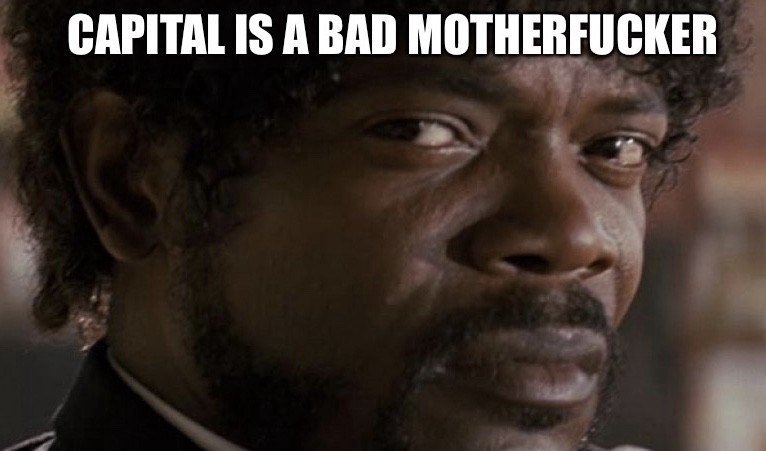
The bourgeoisie is always discovering new strategies for disguising the transmission of their arbitrary power. They mainly use various conversion strategies to pull this off, that is, they are always finding more secretive, cunning, elusive and camouflaged tactics to stay in power. These tactics usually involve converting one type of capital into another. The more difficult we make it for economic capital to be passed on and the more regulations we put on capital, the more capital spreads out into other areas or fields of society. If economic capital finds it hard to be economic capital, then it will convert itself into cultural capital. That way it can?t be legally and politically policed as much as it can be in the form of economic capital. Converting itself into cultural capital allows economic capital to slip through the fingers of those who try to get a firm grip on it.
The main strategy capital currently uses to keep on getting its way is the expansion of the educational system. Capital has basically interwoven the market with the university. The only way to get economic capital is to have institutionalized cultural capital. The university conceals this by acting as though its sole purpose is the betterment of young minds. In reality, it serves as the mechanism for the inheritance of wealth, undeserved privilege and arbitrary power. To get yourself one of those high-up positions in society that pays well (economic capital), you have to have the right qualifications and credentials (cultural capital). To get the right qualifications and credentials (cultural capital), you have to already have a lot of money (economic capital). So goes the loop of capitalist fuckness.
Long story short, in a capitalist society, those without capital, without any forms of it, are totally fucked. If you don?t have economic capital, then you?re fucked. If you don?t have cultural capital, then you?re fucked. If you don?t have social capital, then you?re fucked. The game is rigged and it?s rigged against the vast majority of people. The game of capital is a shitty game. It?s a stupid game. It?s a soulless game. No wonder Tyler Durden wanted to burn it all to the ground. Fuck capital! Human beings should either make up a better game or die trying. For now, for us, the only game worth playing is the one in which we destroy the current game of capitalist fuckery and create a new and better game for the future. The new game doesn?t have to be perfect ? it just has to be better than capitalism. Death to capital or death to humankind! Capital sucks! Bourdieu rocks! The end.



